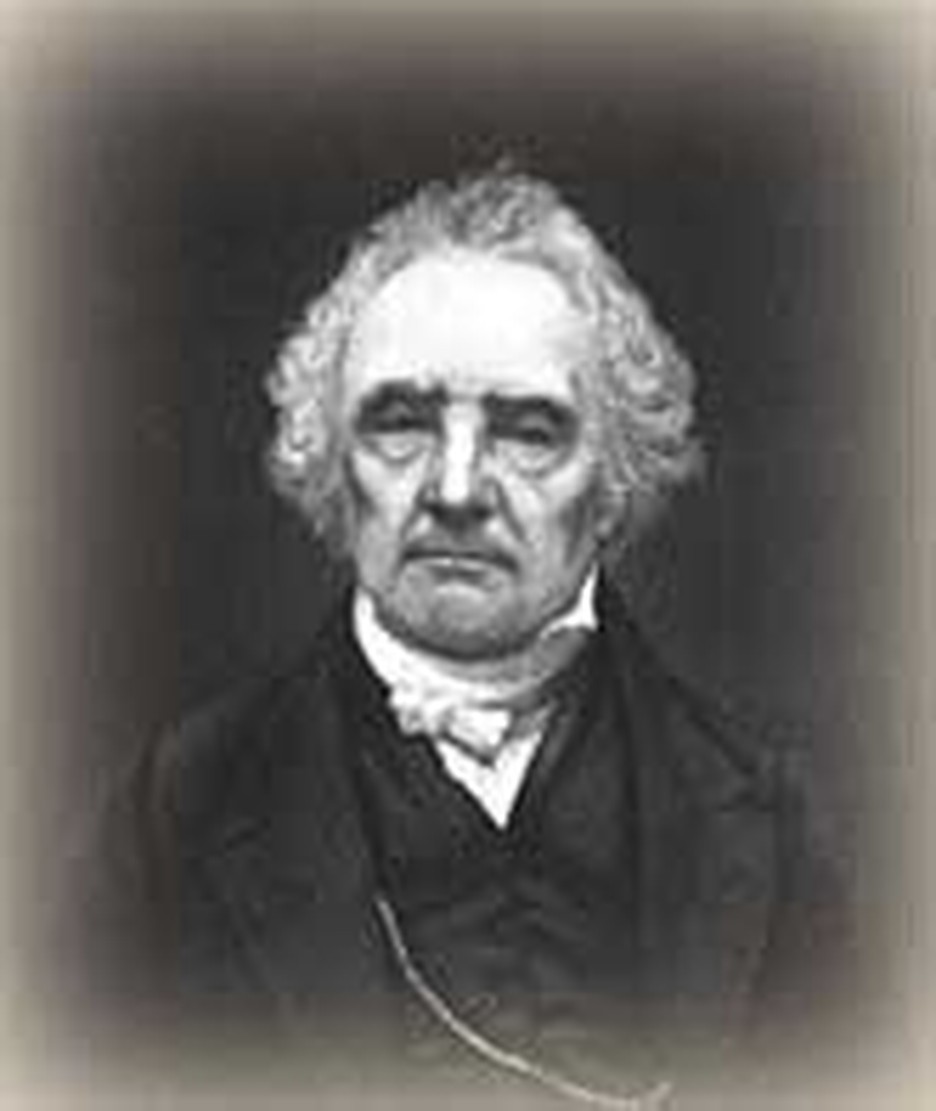
When the church becomes a state-supported official religion, churchmen tend to become tepid officeholders. The zeal characteristic of the Scottish clergy in John Knox's day had become diluted by the early 19th century. Hard as it is to believe, the moderate majority of Scotland's preachers resisted Sunday schools, saying they would put ideas in the heads of poor children. They resisted giving religious instruction to the industrial poor on the grounds that to do so was cutting across class barriers. Missions were absurd they said, and blocked them for many years. Rather than create charitable structures to help the poor, they preferred taxation for the purpose. Churchgoers, they said, should not be given the right to veto the assignment of a particular clergyman to their parish, even if they objected to his character.
On this day, March 17, 1780 a man was born whose every fiber would rebel against lukewarmness in the churches. Thomas Chalmers was the sixth child of his parents. He would blaze like a nova in Scotland. From childhood on he wanted to be a minister. At the same time, he was fascinated with science and mathematics. He studied and taught both. Ordained in 1803, he experienced a spiritual transformation in 1810 after reading an evangelical work. From then on, his zeal could not be tamed. Wherever there was a physical or spiritual need, he pressed an evangelical answer.
Chalmers created poor relief. He supported the veto act which would allow individual churches to refuse a minister they did not want. Creating a system of delegation, he evangelized the areas worst hit by industrial overcrowding. He taught at St. Andrew's. He created Sunday schools to teach the poor to read. He led the fight to reform the church.
Over a period of years, the popular party, of which he was a leader, gained a majority in the church. It promptly passed a veto act. The moderates just as promptly challenged it and got it declared illegal. Thomas Chalmers then led 450 ministers out of the Church of Scotland, creating the Free Church.
The regular clergy were state funded. How would the Free Church support its ministers? Chalmers employed his mathematical skill to show that if each parishioner gave just pennies a week, a fund could be created which would provide each pastor a livable stipend. He threw his immense energy into the scheme, and the preachers were supported at a higher income than he had promised. He helped establish a system of schools for the parishioners. At the same time he served as professor of divinity and as principal of the Free Church's newly created college in Edinburgh.
Eventually after Chalmers' death, the Church of Scotland changed its own policy. It gave churches the veto and its clergy relinquished their state stipends. Thomas was still starring from beyond the grave.
Bibliography:
- Brown, Stewart J. Thomas Chalmers and the Godly Commonwealth in Scotland. Oxford University Press, 1982.
- "Chalmers, Thomas." The Oxford Dictionary of the Christian Church. Edited by F. L. Cross and E. A. Livingstone. Oxford, 1997.
- "Chalmers, Thomas, DD." Dictionary of National Biography. Edited by Leslie Stephen and Sidney Lee. London: Oxford University Press, 1921 - 1996.
- Hanna, William. Memoirs of the Life and Writings of Thomas Chalmers, D.D., LL.D. New York: Harper and Bros, 1852.
Last updated May, 2007.








